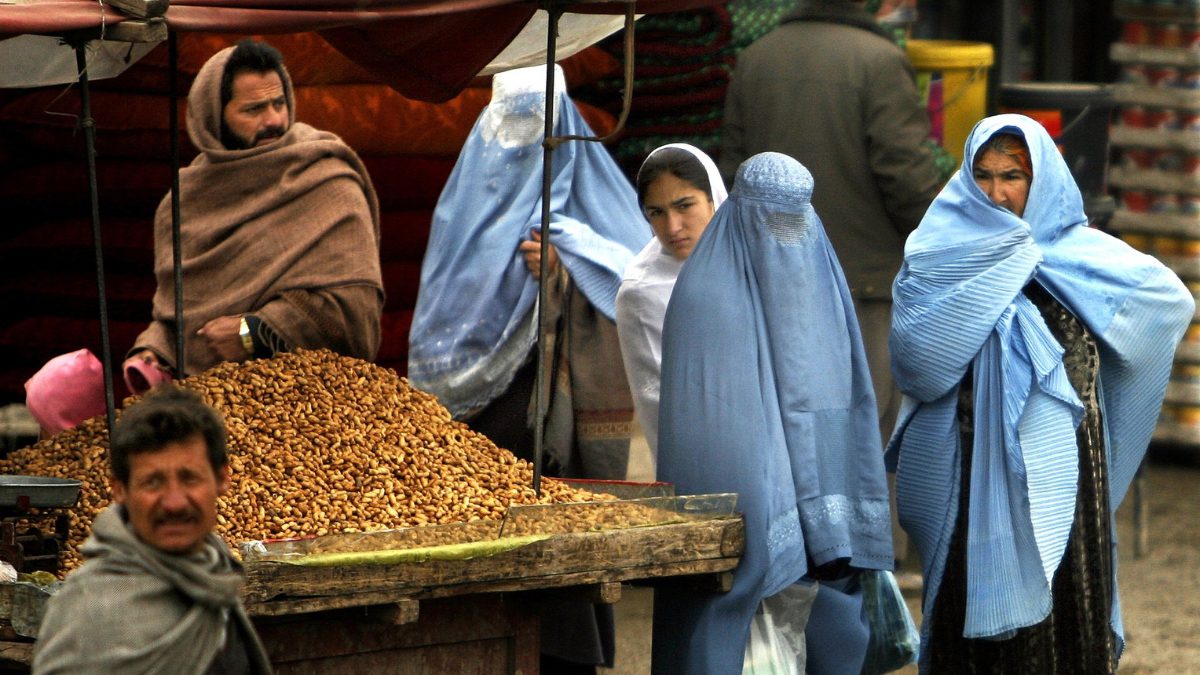Afghanistan, a nation already grappling with a turbulent history, now faces an escalating humanitarian crisis of unparalleled proportions. As the Afghan people confront these challenges, an alarming food security crisis has emerged. It has cast a shadow of hunger and despair over the land. This crisis, as reported by Afghanistan-based Khaama Press, has left nearly two million Afghans in the grip of acute food insecurity, further deepening the nation’s plight.
Afghanistan Faces Dire Food Insecurity Crisis
According to a statement released by the UN World Food Programme, Afghanistan is one of the 10 countries where 19.9 million people face acute food insecurity. The report by the organisation highlights that approximately 70% of those urgently in need of food assistance reside in countries such as Congo, Nigeria, Sudan, Pakistan, South Sudan, Ethiopia, Afghanistan, Yemen, Bangladesh, and Somalia.
Specifically, Afghanistan stands out, with 41 million people facing severe food insecurity, reaching alarming levels. This alarming situation has already raised concerns among several international relief agencies. The shortage of funds required to aid those in need in Afghanistan has become a major concern.
As per the ANI reports via The Print, David Beasley, the head of the World Food Program, expressed the possibility of suspending the organisation’s operations in Afghanistan due to budget constraints. He emphasised that they lack the budget to sustain their programmes beyond October.
Also Read: Mumbaikars, This Eco-Friendly Ghatkopar Metro-Themed Ganpati Looks Absolutely Amazing! Pics Inside
UN Takes Charge Of Aid Distribution
Amidst these challenges, the Asian Development Bank (ADB) has taken a significant step by allocating USD 400 million to safeguard the livelihoods and well-being of Afghans at risk. They are particularly focused on women and girls. This initiative aims to mitigate the effects of the humanitarian crisis and is set to be administered by the United Nations. It will primarily address immediate food shortages and enhance regional food production for long-term food security. It will also ensure basic healthcare services are accessible to the Afghan population.
The current humanitarian catastrophe in Afghanistan can be attributed in part to climate change, recurrent droughts, floods, and earthquakes. This situation has disproportionately affected women and children, with approximately 85% of the population grappling with poverty.
Also Read: 6 Best Homegrown Blended Whiskies Under ₹900 To Savour Elegance On A Budget
Three UN organisations will receive off-budget direct funding as part of the Expanding Essential Food Security and Health Services Project. This funding will be known as Support for Afghan People. It will address the immediate financial requirements for humanitarian assistance in Afghanistan. The World Food Programme (WFP) will also be granted USD 100 million to address food security concerns and implement Food Assistance for Training programs. It will also empower women with marketable skills in agricultural sectors like fruit and vegetable processing.
This initiative aims to support sustainable income and livelihoods for women in Afghanistan.
Cover Image Courtesy: Canva

